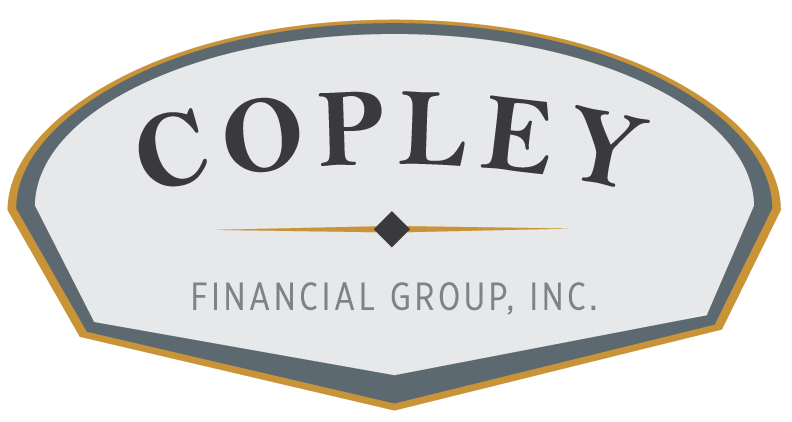Roth 401(k) vs. Traditional 401(k): Which Should You Choose?
Deciding between a Roth 401(k) and a traditional 401(k) often comes down to understanding how each option affects your taxes. As traditional pensions become less common, more Americans rely on 401(k) plans to save for retirement. Traditional and Roth's two main types offer different tax benefits, making it essential to evaluate which might better fit your financial future.
Roth 401(k) vs. Traditional 401(k): Similarities
Both Roth and traditional 401(k)s share several key features. Contributions, along with any earnings, grow tax-free within the account. Employers may offer matching contributions for both options, and the annual contribution limits are the same for each.
The primary difference lies in their tax structures, specifically when you pay taxes. With a traditional 401(k), taxes are deferred until you make withdrawals in retirement, while with a Roth 401(k), you pay taxes upfront.
Critical Differences in Tax Treatment
Traditional 401(k) contributions come from pre-tax income, meaning you receive a tax break in the year you contribute. For instance, if you earn $100,000 and contribute $10,000 to a traditional 401(k), your taxable income drops to $90,000. However, withdrawals in retirement will be taxed at your ordinary income rate.
In contrast, Roth 401(k) contributions are made with post-tax dollars, so there's no upfront tax benefit. However, the advantage lies in retirement, when withdrawals, including earnings, can be taken tax-free.
Choosing Between Roth and Traditional 401(k) Options
A general guideline is to consider your future tax bracket. If you expect to be in a lower tax bracket in retirement, a traditional 401(k) might be more beneficial. This option reduces your taxable income now and lets you pay taxes later, potentially at a lower rate.
If you believe your tax bracket will be higher in retirement, common for younger, lower-earning individuals or those expecting tax rates to increase in the future, a Roth 401(k) may be a better choice. Since withdrawals from a Roth 401(k) are tax-free, you can reduce the tax impact on other retirement income and avoid pushing yourself into a higher tax bracket in retirement.

